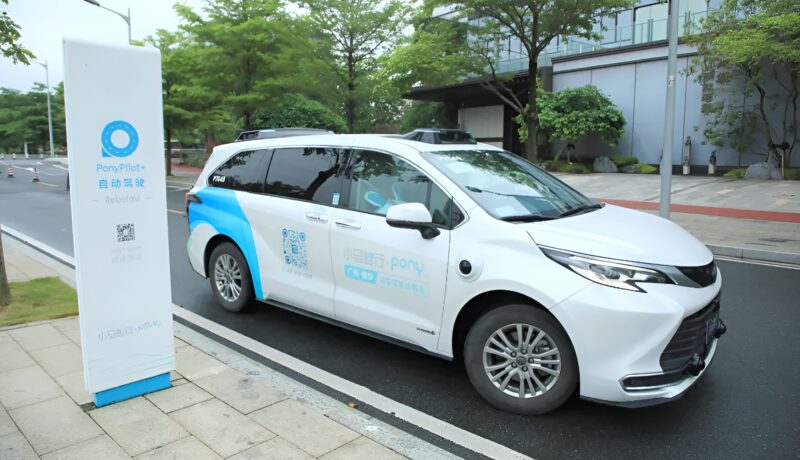China reports 24.41 million km of autonomous vehicle testing across a citywide program, with 17 companies participating
A major Chinese city has reported over 24.41 million kilometres of cumulative autonomous vehicle test mileage, as part of a city-level initiative involving 17 companies across public transport, logistics, and other urban sectors. The figures were disclosed alongside ongoing efforts to draft new administrative guidelines to regulate unmanned vehicle systems in the region, as reported by Guanghou Daily.
The autonomous driving program is centred in Guangzhou, where test operations have expanded across 2,600 kilometres of designated public roads. These include 1,340 general road segments and 10 expressway routes, spanning eight administrative districts. By July 2025, autonomous vehicles in the city had logged more than 1.3 million hours of operation. In 2024, 93.17% of driving mileage was conducted in automated mode, up 3.67 percentage points from the previous year.
Demonstration projects currently include 508 autonomous vehicles operating in sectors such as urban transit, freight logistics, and municipal services. Guangzhou Bus Group has deployed 50 autonomous buses across more than 10 lines, while 75 additional vehicles operated by Pony.ai, WeRide, and Ruqi Mobility are part of pilot programs. WeRide has also introduced over 50 autonomous sanitation vehicles.
The region’s digital infrastructure includes 78,000 5G base stations as of March 2025, covering 602 kilometres of national highways and 490 kilometres of provincial roads. Personal 5G penetration in Guangzhou has reached 105.94%, the highest reported level nationwide.
Guangzhou is piloting “vehicle-road-cloud” integration across four zones: Huangpu, Haizhu, Huadu, and Panyu. More than 10,400 vehicles have been equipped with PC5 (a sidelink communication protocol) communication modules and BeiDou satellite positioning (China’s satellite navigation system). Supporting roadside infrastructure includes 530 communication units, 897 sensors, and 419 edge computing stations. Additionally, 205 traffic lights have been upgraded for networked signal control. A cloud-based control system and real-time mapping platform are currently under development.
In February 2025, the city enacted the Innovative Development Ordinance for Intelligent Connected Vehicles, providing a legal framework for road testing, demonstration operations, and phased deployment. A local development plan issued this year sets timelines for infrastructure, policy milestones, and commercial implementation.
Guangzhou has also been designated a core hub in China’s smart vehicle industry chain, led by GAC Group. Local authorities have supported over 40 investment projects since 2024, including new facilities from GAC Honda, Dongfeng Nissan, and Xpeng Motors.
Cross-regional collaboration is ongoing with Shenzhen, the Guangdong-Macao In-Depth Cooperation Zone, and other jurisdictions. These agreements allow mutual recognition of demonstration operations, and Guangzhou is participating in national pilot programs under the Ministry of Transport, including ride-hailing tests in central and southern districts.



